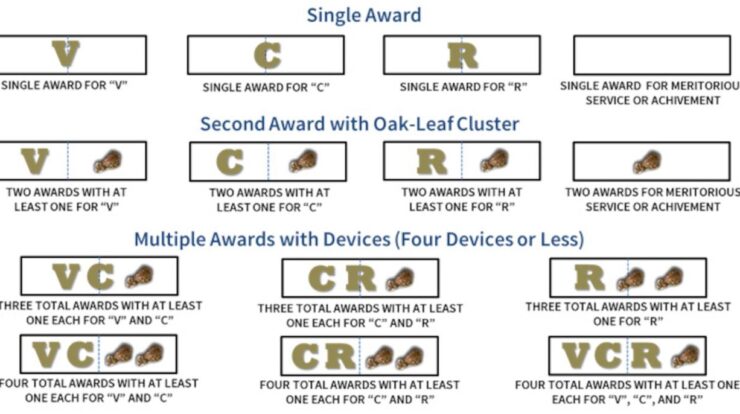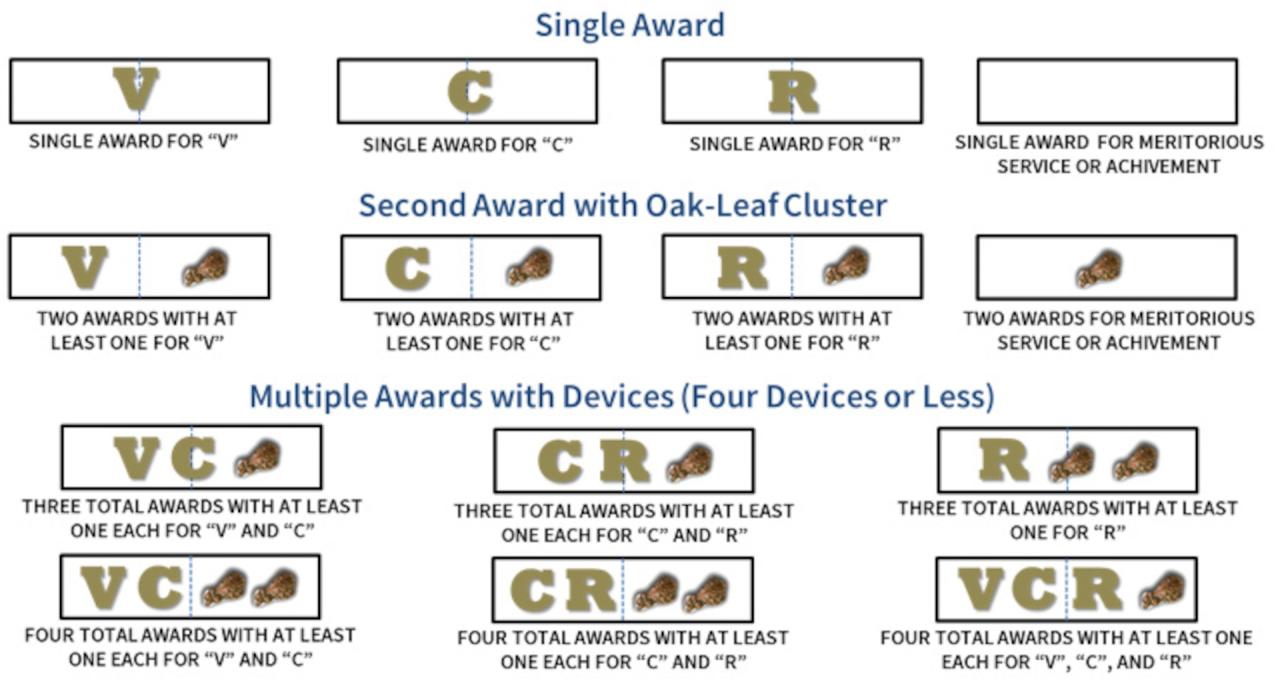
Olc meaning – Embark on an etymological journey to unravel the multifaceted meaning of “OLC,” a term that has intrigued scholars and language enthusiasts alike. From its historical roots to its cultural and artistic implications, this exploration delves into the depths of “OLC,” revealing its diverse applications and profound significance.
Throughout history, “OLC” has evolved, carrying different meanings and connotations in various contexts. Its linguistic origins and related terms shed light on its semantic evolution, while its cultural and regional variations showcase its adaptability to diverse societies.
Definition and Meaning
The term “olc” is primarily used to describe something that is considered undesirable or unpleasant. It can refer to a wide range of negative qualities, such as bad, evil, wicked, or harmful.
In the context of morality, “olc” is often used to describe actions or behaviors that are considered to be wrong or unethical. For example, a person who commits a crime may be described as “olc” because their actions have caused harm or damage to others.
Historical Origins and Etymology
The term “olc” has its origins in the Old English word “yfel,” which also meant “bad” or “evil.” The word “yfel” is thought to have derived from the Proto-Germanic word “ubilaz,” which meant “bad” or “evil.” The term “olc” has been used in the English language for centuries, and it has retained its negative connotation over time.
Synonyms and Related Terms
There are a number of synonyms for “olc,” including “bad,” “evil,” “wicked,” “harmful,” and “unpleasant.” These terms all convey the idea of something that is undesirable or negative.
Some related terms that are often associated with “olc” include “sin,” “crime,” and “immorality.” These terms all refer to actions or behaviors that are considered to be wrong or harmful.
Cultural and Regional Variations: Olc Meaning
The meaning and usage of “olc” can vary depending on the culture and region in which it is used. In some cultures, the term “olc” may be used to describe something that is simply unpleasant or undesirable, while in other cultures it may be used to describe something that is considered to be morally wrong or evil.
For example, in some Asian cultures, the term “olc” may be used to describe something that is considered to be unlucky or inauspicious. In contrast, in Western cultures, the term “olc” is more likely to be used to describe something that is considered to be morally wrong or evil.
Literary and Artistic Usage

The term “olc” has been used in literature and art for centuries to convey a wide range of emotions and ideas. In literature, “olc” is often used to describe the forces of evil or darkness. For example, in the novel “The Lord of the Rings,” the character Sauron is described as the “Dark Lord” and the embodiment of “olc.”
In art, “olc” is often depicted as a dark or menacing figure. For example, in the painting “The Last Judgment” by Michelangelo, the figure of Satan is depicted as a monstrous and terrifying creature.
Figurative and Metaphorical Meanings
The term “olc” can also be used in a figurative or metaphorical sense. For example, someone who is described as “olc” may not necessarily be evil or wicked, but they may be behaving in a way that is considered to be harmful or destructive.
For example, a politician who is described as “olc” may not necessarily be corrupt or evil, but they may be making decisions that are considered to be harmful to the country.
Applications in Different Fields
The term “olc” has a wide range of applications in different fields, including linguistics, psychology, and education.
In linguistics, “olc” is often used to describe words or phrases that have a negative connotation. For example, the word “hate” is considered to be an “olc” word because it conveys a negative emotion.
In psychology, “olc” is often used to describe behaviors or thoughts that are considered to be harmful or destructive. For example, a person who is diagnosed with a personality disorder may be described as having “olc” thoughts or behaviors.
In education, “olc” is often used to describe students who are struggling or who are not meeting expectations. For example, a student who is failing a class may be described as an “olc” student.
Closure
In conclusion, “OLC” is a versatile term with a rich history and multifaceted meanings. Its applications extend beyond mere definitions, reaching into the realms of literature, art, and practical fields. Understanding the nuances of “OLC” allows us to appreciate its depth and its ability to convey complex ideas and emotions.
Helpful Answers
What is the primary meaning of “OLC”?
The primary meaning of “OLC” varies depending on the context in which it is used.
What are the historical origins of “OLC”?
The historical origins of “OLC” can be traced back to various linguistic roots, which have evolved over time.
What are some synonyms of “OLC”?
Synonyms of “OLC” include terms that convey similar meanings, such as “old,” “ancient,” and “outdated.”





